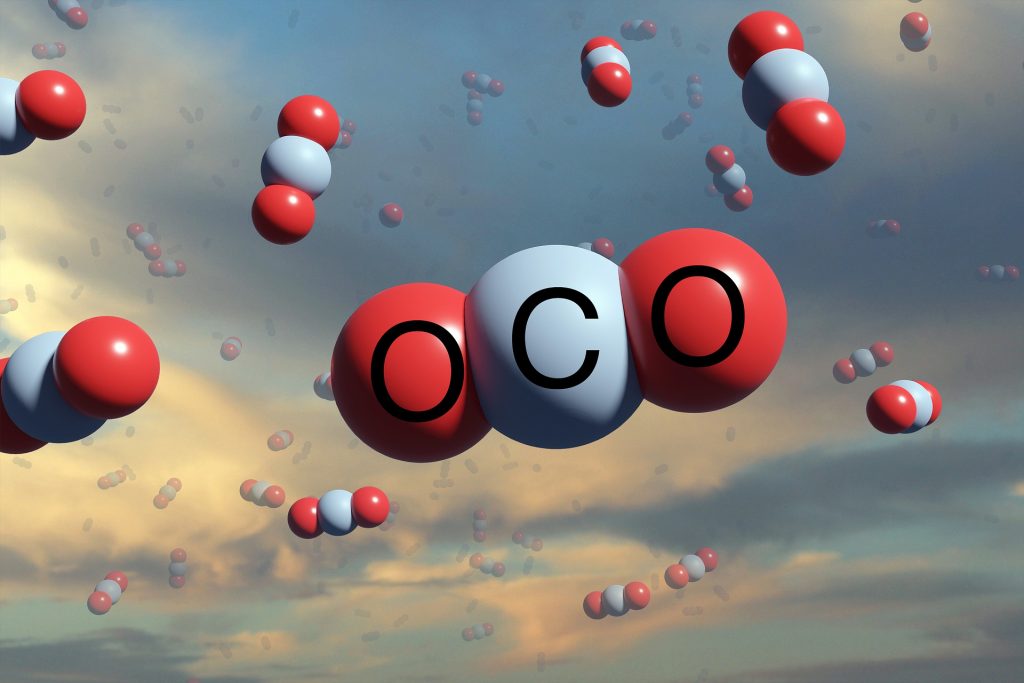A European research project harnesses the power of autotrophic organisms for the synthesis of high value products from CO2.
Since 1960, yearly global carbon dioxide emissions have increased more than 4-fold having observable effects on nature. More than ever, innovative ideas are needed to reintegrate the potent greenhouse gas CO2 into a circular economy and to ensure sustainable energy and material sources for the next generations.
To reach these goals, we can use natures elegant strategy to produce valuable organic molecules from inorganic sources. The job is done by so-called autotrophic bacteria, which have the capacity to utilize carbon dioxide, hydrogen gas and oxygen for the formation of biomass and other high value organic compounds. But how can these compounds be produced in large amounts?
Here the EU-project ConCO2rde steps in. ConCO2rde strives to develop high performance autotrophic cell factories and optimized gas fermentation processes. The aim is to enable future applications of materials produced from carbon dioxide as animal feed and in human dairy, as complex building blocks for pharmaceuticals or as biomolecules for diagnostics.
The interdisciplinary consortium of 17 leading academic and private organizations will host 11 young scientists employed via a Marie Skłodowska-Curie ITN – Innovative Training Network. The team will work closely together in fields such as genetic engineering, biocatalysis und process design. By applying nature’s principles, valuable chemicals will be produced in a more sustainable and economically feasible way.
This project has received funding from the European Union’s Horizon 2020 research and innovation programme under the Marie Skłodowska-Curie grant agreement No 955740.
Picture: Pixabay



